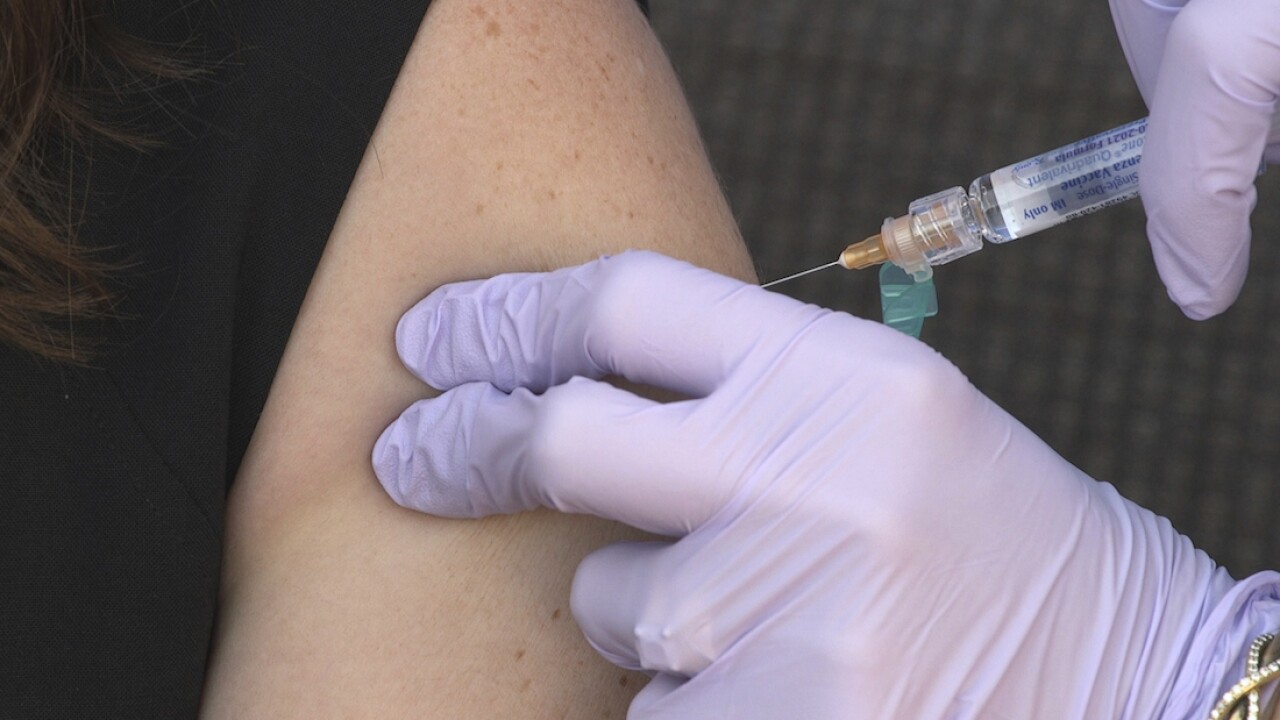Over the course of the last two months, the number of fully vaccinated Americans has neared a plateau after there was a big push to get the vaccine early.
It has created a challenge for states that continue to try and bump that number higher.
In recent months, states have tried using religious leaders, politicians, and money giveaways to increase vaccination rates, but now, they are taking a page out of the millennial playbook and turning to social media influencers.
“All of us are really working against the misinformation nationwide. This is the biggest problem that we are facing,” said Patricia Lepiani, who works for the Colorado Department of Public Health and Environment.
Lepiani has spent the last few months employing the help of social media personalities with followings in the hundreds of thousands. It comes down to connection. Through research, Lepiani’s group found more people were more willing to listen to information that came from someone they trusted, rather than an official source like the CDC.
“So, that’s when the influencer program comes along because then you have someone who knows social media and the digital environment that connects with you and can give information about this is what’s really happening with the vaccine,” said Lepiani.
One of the people Lepiani has reached out to for help is Carlos Cornejo, a police sergeant in the rural Colorado mountain town of Rifle. Through Instagram, Facebook, and TikTok, Sgt. Cornejo has amassed a social media following of close to one million people.
“Right now, it’s probably more effective when you hear from your neighbor because that’s how rumors spread, too,” said Sgt. Cornejo, 32. “That’s sometimes how people become scared of it; they hear from a friend and they’re like, 'Nah I’m not going to do that.'”
Nationwide, places like Chicago, San Jose, Oklahoma City, and New Jersey have employed similar tactics, getting familiar faces to become purveyors of familiar information.
“I had to convince my own mom to go do it. She was very hesitant about it, so we had to have some discussions about it,” said Sgt. Cornejo. “The only information I will share are either things that come from the CDC or come from trusted sources, otherwise I’m just not interested. Then, I found out this was literally the Colorado Department of Public Health and Environment, and I was like, 'OK, I probably feel OK sharing some of your information.'”





